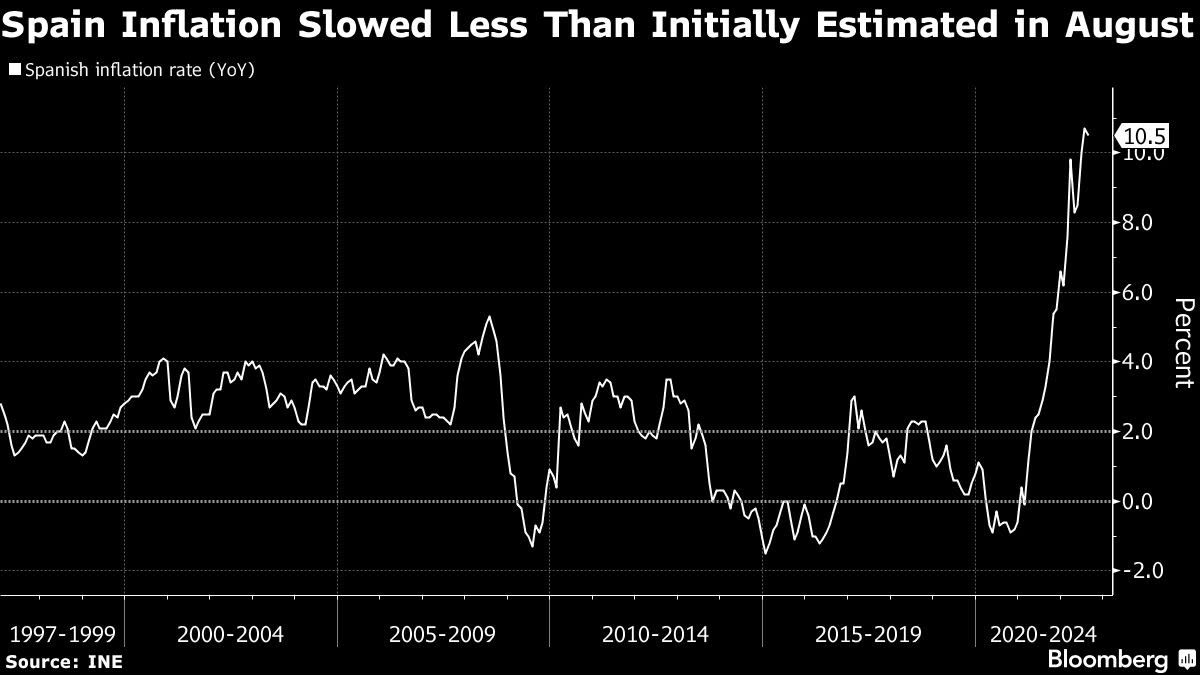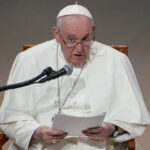
(Bloomberg) — Spanish Prime Minister Pedro Sanchez called on local grocery retailers to restrain price increases on food, as his government continues to seek ways to control the worst cost of living crisis in decades.
Most Read from Bloomberg
We must make an appeal “for collective responsibility,” Sanchez said Tuesday night during an interview with state-owned broadcaster TVE when asked if it’s possible to cap food prices. “It’s necessary to make an appeal to social actors, especially to businesspeople, for them to pitch in.”
There is a price crisis and “the government is studying all alternatives,” the prime minister said.
Sanchez’s comments come days after Labor Minister Yolanda Diaz started calling on grocery chains to start offering baskets of affordable staple goods. As part of her campaign, Diaz met with officials of Carrefour SA, which announced hours before meeting her that it would start selling a basket of 30 products for 30 euros ($29.90).
Diaz, who also serves as deputy prime minister, is the highest-ranked official named by Unidos Podemos, the far-left junior partner in the coalition government led by Sanchez, a Socialist. She is also one of the most popular politicians in the country and widely expected to run for prime minister in elections late next year, likely against Sanchez himself.
Spanish inflation in August hit 10.5%, surpassing 10% for the third consecutive month. Consumer prices are hovering around the highest level since the mid-80s.
Sanchez’s government has put in place a battery of measures aimed at mitigating the impact of rising prices, including an intervention in the power market, a windfall tax on bank profits, subsidies for fuel at the pump, and free train tickets for commuters.
Sanchez has stepped up his anti-business rhetoric in recent months, focusing largely on utilities and banks but also taking swipes at the larger business community in general. After announcing windfall taxes on energy firms and financial lenders in July, he said that if the measures were criticized by the likes of the chairmen of Banco Santander SA, the largest bank, and Iberdrola SA, the biggest utility, it meant the levies were the right thing to do.
Most Read from Bloomberg Businessweek
©2022 Bloomberg L.P.




